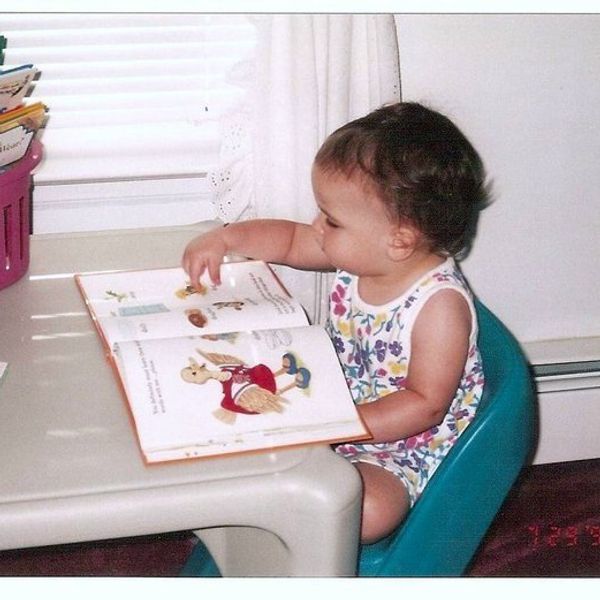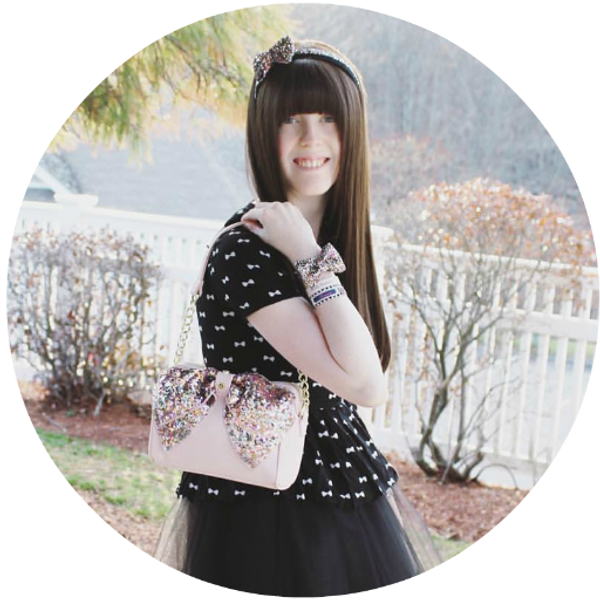In the past, Susan Straight would take her kids to school in the morning, then go teach at UCR, and in the evening would go home to write. She would not write until 10 pm and would continue until 1 am.
"I was a single mom with three kids for most of all years," said Straight.
Susan Straight has been a professor in the creative writing department at UCR for 28 years. At 55 years old, Straight has published eight novels, has received the Distinguished Teaching Award in 2008, and is currently the Director of the Master of Fine Arts (MFA) program. Straight took time out of her busy schedule to share her life as a writer and professor as well as offering advice for writers.
Straight's mother was an immigrant and wanted her to be a secretary. When she was studying at Riverside Community College, Straight took a class in creative writing.
After she got a job as a sports writer, she went to graduate school for fiction writing. She did not come back to Riverside until she graduated at 24 years old,
During that time, she taught in Job Corps at San Bernardino.
"I was writing the whole time and selling short stories or books," Straight said.
Apart from writing books and teaching, she also writes essay. Recently, she finished an essay for the LA Times about food and its role in novels. Additionally, she speaks at colleges.
"Two weeks ago, I talked to Moreno Valley College students about activism, and why we need to write stories," said Straight.
It is no surprise that writers make very little money sometimes, so that is why some teach on the side. For people wanting to teach creative writing, Straight explains the necessary qualifications.
"If you are in [teaching] field you need a PhD to teach and experience. In the creative writing department you need a MFA. You need to publish things to be hired, publish a book or an essay. To be a writer, you just write and send it out. The only qualification is if someone is paying for it," said Straight.
Straight's advice for writers is to write what you know but also use your imagination.
"If only write what you know and grow up wealthy that’s all you can write about. If you lived in Coachella and only write about dessert you need some imagination."
Straight also advises to write about what you love and to know the market you are trying to sell to.
"If you like historical fiction, then write historical fiction. You should write about what you love. Write things that make you pleased before trying to sell them," Straight said.
Straight's work as a writer does not only rely on experience and imagination, but also on research.
"For fiction, I drove across the country and back. For other books, I went to Coachella and hung out with people working on fields and I drove to Mexico to research for novels," she said.
Straight does not go to workshops but works on improving her writing by reading a 100 books a year. Reading is a major role for a writer in addition to writing.
"For a writer, you just keep writing all the time. I write a lot during night and try to write every day," she said.
She described her day to day work as teaching her classes, reading student's work for workshops, reading essays, working with Guardian Scholars, and doing talks at libraries," Straight said.
Straight interacts with a variety of people from students, neighbors, friends, strangers who tell her their life stories, kids, and a lot more people. And instead of working in her office, she holds office hours at Coffee Bean to be more accessible to students.





















